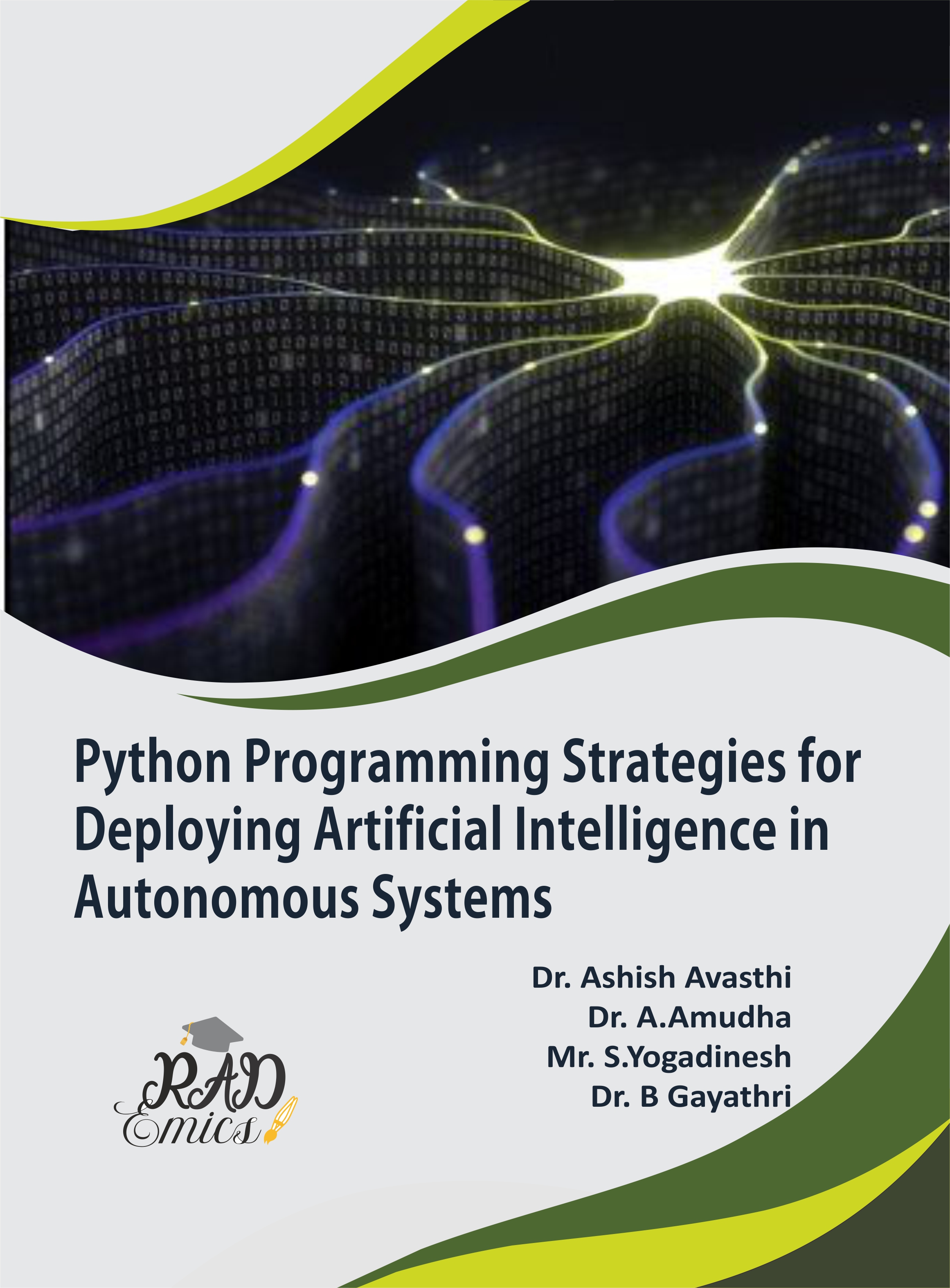
In the realm of autonomous systems, the efficient management and optimization of data pipelines are paramount to achieving high performance and scalability. This chapter delves into advanced Python programming techniques that address key challenges in scaling and optimizing autonomous systems. Focusing on scalable data processing pipelines, the discussion encompasses real-time data ingestion, transformation, and storage solutions, with an emphasis on leveraging Apache Flink for low-latency processing. Key topics include implementing caching mechanisms to enhance data processing speed, ensuring data consistency and durability across distributed storage systems, and adopting effective monitoring and logging strategies to maintain system reliability. By examining these aspects, the chapter provides a comprehensive overview of current best practices and emerging trends, offering practical insights for developing robust and efficient autonomous systems. The integration of state-of-the-art tools and methodologies presented herein underscores their critical role in advancing the field of autonomous systems.
In the ever-evolving field of autonomous systems, the capacity to efficiently manage and process vast volumes of data was a critical determinant of success [1]. The rise of autonomous technologies spanning from self-driving vehicles to intelligent robotics demands sophisticated data pipelines capable of handling real-time information streams with high reliability and performance [2]. As these systems grow in complexity, the traditional methods of data processing and management often fall short, necessitating advanced approaches to meet the rigorous demands of scalability and efficiency [3,4]. This chapter explores advanced Python programming techniques designed to address these challenges, focusing on optimizing data pipelines for autonomous systems [5].
The efficiency of data ingestion was crucial for real-time processing environments [6]. Modern autonomous systems generate and consume large quantities of data at unprecedented rates, necessitating robust ingestion mechanisms that can handle such high throughput without compromising performance [7-10]. Techniques and tools for real-time data ingestion, including stream processing frameworks like Apache Flink, are examined in detail [11,12]. These technologies enable the seamless handling of continuous data flows, ensuring that systems can make timely and accurate decisions based on the most current information available [13].